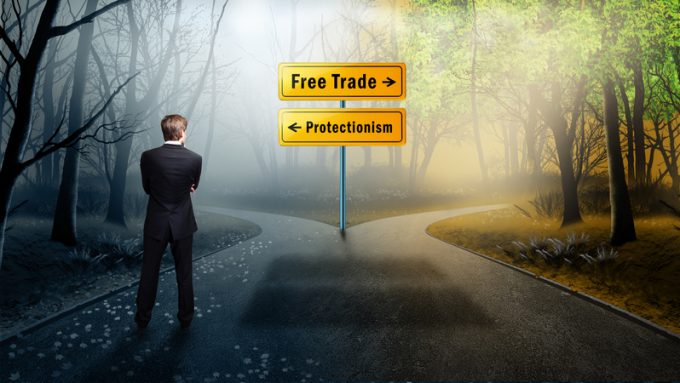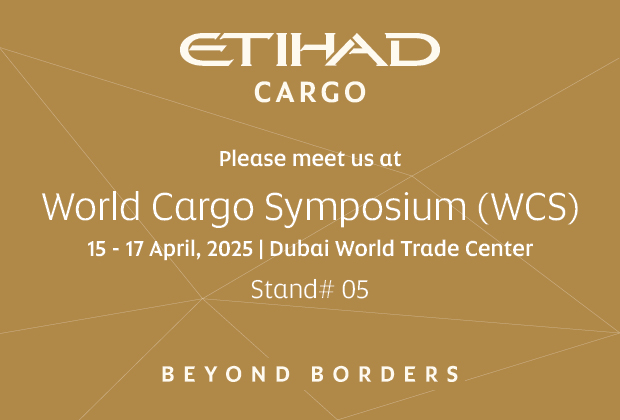Volumes set to 'fall off a cliff' as US firms hit the brakes on sourcing and bookings
Cargo owners should brace for a “cliff event” similar to the turmoil in the early ...

Ocean carriers are getting increasingly nervous over trade tensions and state?subsidised competitors, as protectionist policies continue to gain ground across the globe.
Several shipping bodies, including the International Chamber of Shipping (ICS), Asian Shipowners’ Association (ASA) and European Community Shipowners’ Association (ECSA) took to the floor of the WTO this week to express their concerns.
They presented two papers to the WTO, stating they were “fully committed to the preservation and promotion of free trade policies and principles around the world.”
Deputy secretary general ...
'Disastrous' DSV-Schenker merger would 'disrupt European haulage market'
New senior management for DSV as it readies for DB Schenker takeover
Volumes set to 'fall off a cliff' as US firms hit the brakes on sourcing and bookings
Asian exporters scramble for ships and boxes to beat 90-day tariff pause
Amazon pushes into LTL for small package fulfilment and UPS does a u-turn
Temporary tariff relief brings on early transpacific peak season
Pre-tariff rush of goods from US to China sees air rates soar, but not for long
'Tariff madness' will prompt renegotiation of ocean shipping contracts


Comment on this article